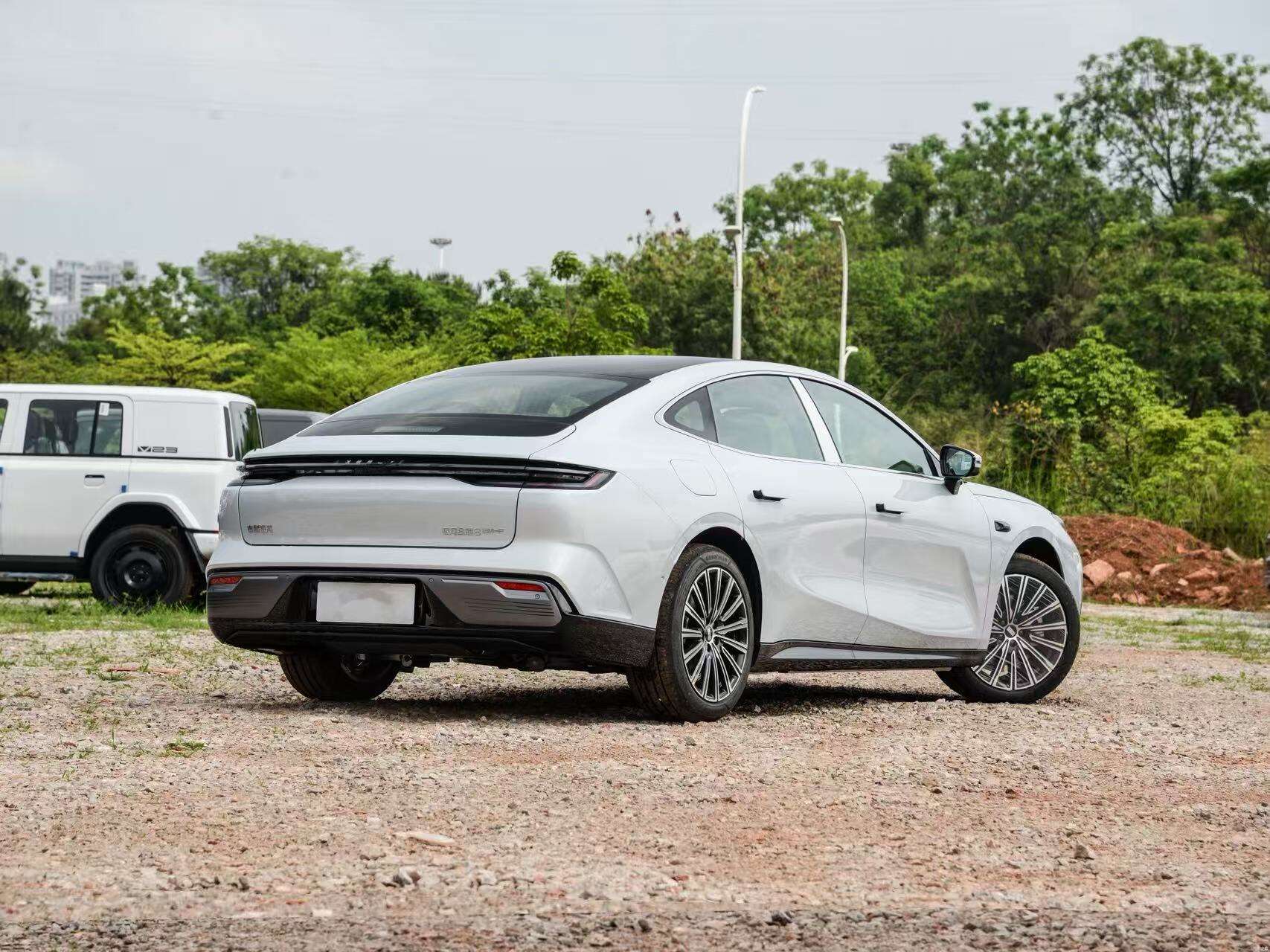ethanol powered car
Ethanol powered cars represent a significant advancement in sustainable transportation technology, utilizing ethanol, a renewable fuel primarily derived from corn and other plant materials, as their main power source. These vehicles are equipped with specialized flex-fuel engines designed to run on either pure ethanol, gasoline, or any blend of the two. The technology incorporates modified fuel systems with corrosion-resistant components and enhanced fuel injection systems to handle ethanol's unique properties. Modern ethanol powered vehicles feature sophisticated engine management systems that automatically adjust fuel-air mixtures and timing based on the ethanol content in the fuel. These cars typically include larger fuel tanks to compensate for ethanol's lower energy density compared to gasoline, and many models are equipped with advanced fuel sensors that can detect the exact ethanol-gasoline ratio. The applications of ethanol powered cars extend from personal transportation to commercial fleets, particularly in regions with robust ethanol infrastructure. These vehicles have gained significant traction in countries like Brazil, where ethanol fuel is widely available, and are increasingly popular in other markets as part of broader sustainability initiatives.


